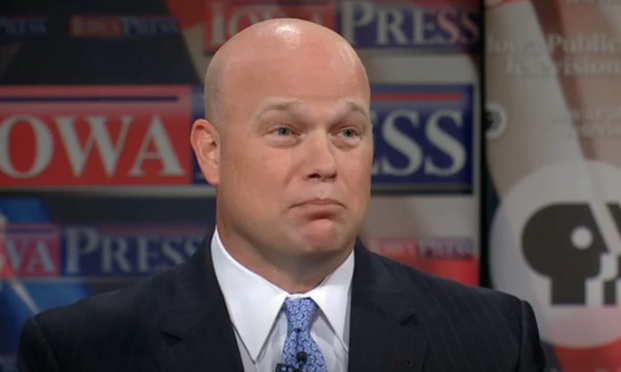The president’s day-after-elections discharge of Attorney General Jeff Sessions and replacement with a lawyer who has not been vetted by the Senate has generated a tsunami of commentary and challenges. The appointment of Matthew Whitaker bypassed Deputy Attorney General Rod Rosenstein, who has overseen Robert Mueller’s investigations. Controversy ensued because a statute, 28 U.S.C. 508, specifically designates the deputy as “first assistant” who in the event of vacancy in the office of Attorney General “may exercise all the duties of that office.”
The legality of Mr. Trump’s decision has been endorsed by the opinion of the Justice Department’s Office of Legal Counsel. The OLC in a comprehensive memo argues that the president has a choice: follow either the 1977 DOJ succession law §508, or use the 1998 Vacancies Reform Act, 5 U.S.C. 3345. In the event a presidential appointee confirmed by the Senate ”dies, resigns, or is otherwise unable to perform the functions and duties of the office“ the VRA allows the president three choices: fill the vacancy temporarily with the “first assistant,” another Senate confirmed officer, or an employee at the level GS 15 or higher. Whitaker is in the third category. He is now the superior of Senate-confirmed officers, and everyone else in the Department of Justice, including the FBI.


 Matthew Whitaker
Matthew Whitaker




